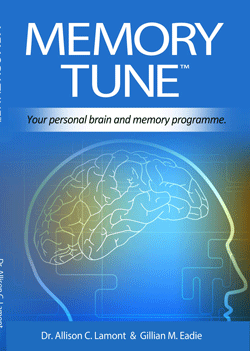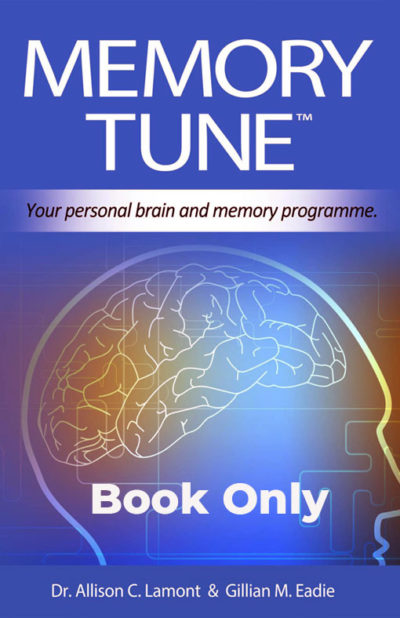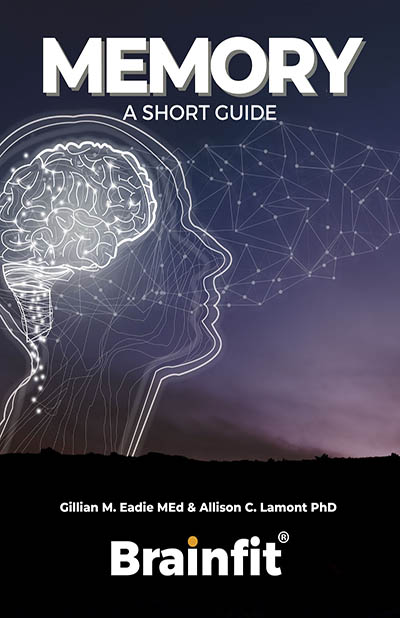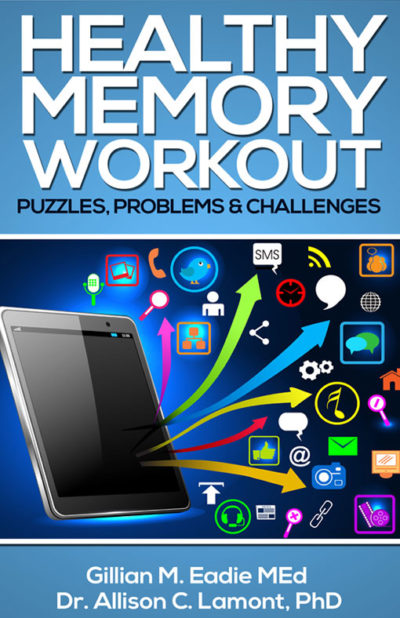The research results are in!

That’s the kind of silence where there is no sound – just mindfulness.
“Listen and you will be wise; the beginning of wisdom is silence.”
Our world has become a noisy place!
 Children, the chronically ill and older adults, are most affected.
Children, the chronically ill and older adults, are most affected.
Short-term, noise can cause cognitive impairment and disturbed sleep.
Long-term, the impacts include the flow on effects such as mental health issues and increased risk of heart attack. Read more
Noise pollution a “modern plague”: World Health Organisation
WHO found overwhelming evidence that exposure to noise has adverse effects on people’s health. Read more
Short “bursts” of complete silence are the answer.
We can’t be silent all the time.
We need social stimulation.
The brain is not programmed for lengthy periods of total silence and isolation.
People in an anechoic chamber (devoid of sound and used for testing sound levels on the human ear) could stay in that environment for only half an hour without feeling suffocated or disoriented!
How does Silence Boost your Brain?
- Releases tension
Loud noise activates the brain to release stress hormones. Silence causes the brain to release hormones that reduce stress.
Just two minutes of silence a day releases built up tension and stress.
It’s even more effective than listening to “relaxing” music. - Reduces insomnia
Just 20 minutes a day practising silence, helps us sleep more soundly. - Develops new brain cells
Two hours of silence daily created new brain cells in adult mice.
Scientists found that silence assists the human brain to regulate emotions, memory and learning. They hope their research into replacing lost brain cells can be developed into a method of using silence to treat people with dementia, depression and Alzheimer’s. - Subconscious processing of information
When there is silence, the brain processes information very differently.
Information is evaluated and internalised in a similar way to when we sleep on things.
We live in a society that loves independence, but nevertheless obeys and intensifies cultural norms of hyper-activity. New technologies make it easier for us to be more connected to each other than ever.
Our cities are increasingly overpopulated. We are in artificial light more and more often. We exercise less because there are many things we can do conveniently.
Doctors, neurologists, and psychologists tell us our brains are wired very differently now than they were 100 years ago. We receive so much stimuli throughout the day and from so many sources we’re forced to manage this sensory chaos.
What we need is to calm down. We need silence and solitude from time to time so we can integrate the flood of information. So we can find meaning in our lives.
Where can YOU fit in at least 2 minutes of silence TODAY?
Do you have tips to share? Please leave a comment below.
Why not begin your own brain and memory training programme?
Specially designed by Dr. Allison Lamont & Gillian Eadie to give you practice in the six key memory skills as well as brain challenges and tips on keeping your memory sharp.
The course comes to you twice a week for seven weeks, via email.
Start today!






RE: Tinnitus- I have a mild form of permanent tinnitus, often am not aware of my tinnitus, sleep well and do not feel tired. Am 83 years young- no, not a mistake, am active physically, and occasionally practice mindfulness.
Well done – keep up these great lifestyle habits.
There is no complete silence when you suffer from tinnitus. Does this have an effect on the brain?
Hello Philippa,
That’s an interesting question and one which is attracting a lot of research at the moment. One study from the University of Illinois has found that the constant nature of tinnitus means that the areas of the brain active when we pay attention to something are constantly ‘switched on’ for people with tinnitus. The net result is tiring and it is easy for the person to become less focused on other things. Other research is exploring the effect on emotions and long-term memory, so it will be interesting to see what the results will be.
It will be important for you to practice the memory strategies that help with concentration and focus – you will find loads of information and exercises on the Memory Foundation website and newsletters. Try the games, too!
I am suffering auditory hallucinations.( songs, some familiar some not, some instrumental, others vocal) In simple terms the brain feels it is having too much silence and it fills the gaps – unfortunately it has become pretty much constant. I am having an MRI to rule out any “sinister”causes from pulsatile tinnitus which I also suffer from. The auditory condition can also be an uncommon side efect of medication I take – so depending on the MRI I may need to change it. I also have ‘normal ‘ tinnitis so with three conditions affecting my ears silence seems not to be an option. I am 73 with moderate hearing loss – silence would be a treat .
This must be very distressing – maybe even more so than the total lack of sound. Our audiologist wrote this recently https://www.brainfit.world/tinnitus-memory/ and we reported a few months ago on a new discovery at the University of Auckland. https://www.brainfit.world/breakthrough-tinnitus-cure/ It seems that masking the annoying sounds may have some benefit – I do hope something develops for you soon.